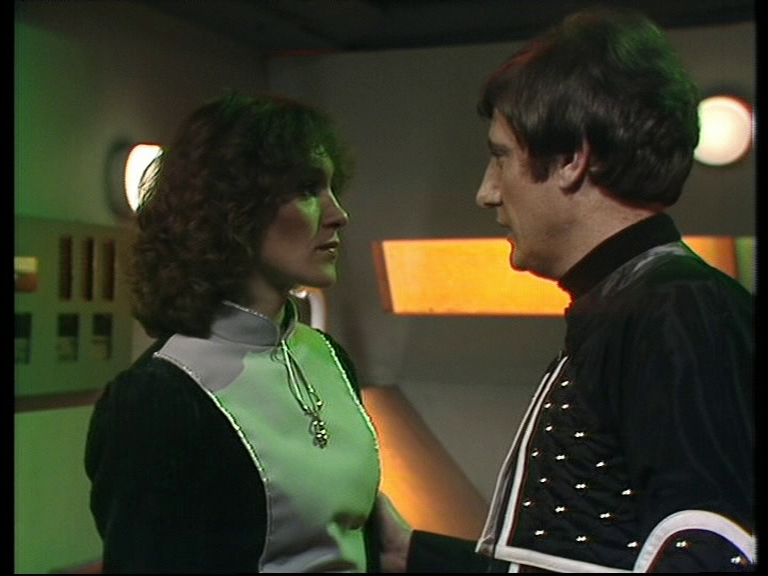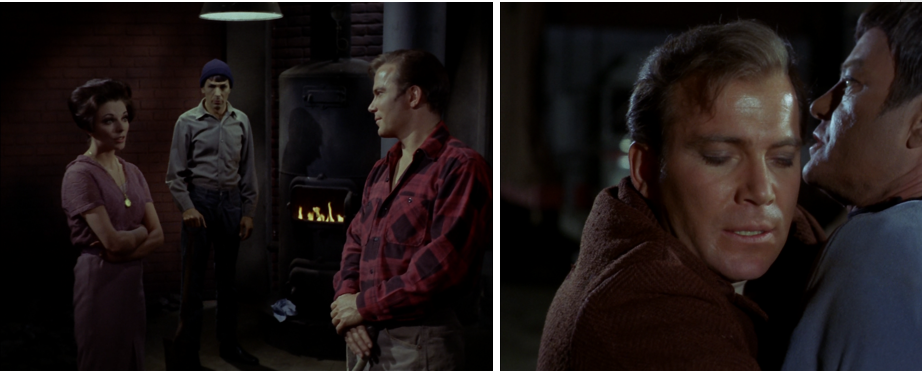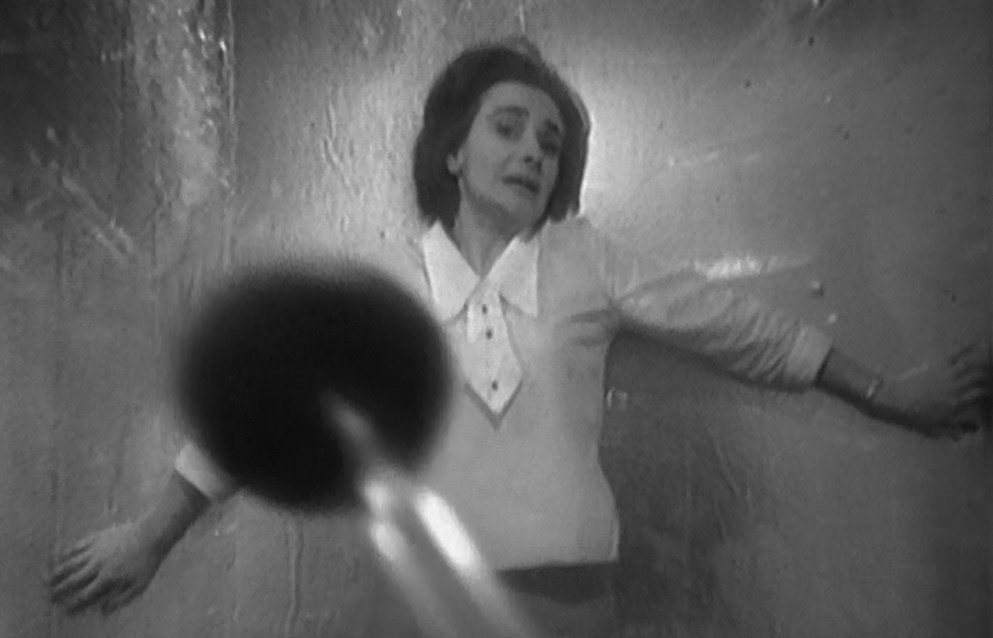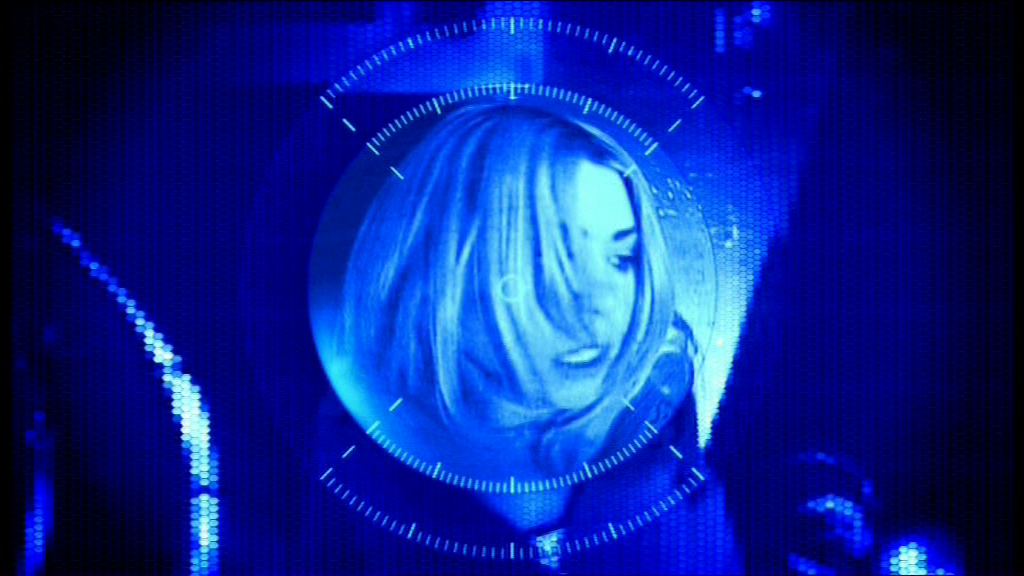Doctor Who has come top in TV Years magazine’s ‘Top 50 Greatest Sci-Fi TV Moments.’ The full list includes enduring vignettes from The Day of the Triffids, Heroes, The Hitchhiker’s Guide to the Galaxy, The Incredible Hulk, The Prisoner, Red Dwarf, V, and The X-Files.
Third place went to another British classic, Blakes 7, with a scene from the 3rd season story, Sarcophagus. This was the first of the two episodes written for the series by the late Tanith Lee. In it, Avon (Paul Darrow) consoles Cally (Jan Chapell), who is despondent at never being able to visit her home planet, Auron, again.

Second place went to a moment of anguish for Captain James Kirk, in what is still the most famous and lauded episode of the original Star Trek, City on the Edge of Forever. In this 1967 story, based on an outline by Harlan Ellison (though later heavily rewritten), Kirk (William Shatner) must choose to allow his love, Edith Keeler (Joan Collins), to die in New York in 1930 in order to return history to its rightful track. Even 50 years later, the story is widely cited as the single most powerful segment of the entire franchise.

‘Do you know what you just did?’
But first place went to a signal moment from Doctor Who that happened at just before a quarter to 6 in the evening of the 21st December, 1963. At the end of an episode entitled The Dead Planet, Barbara Wright (Jacqueline Hill) steps out of a lift in an eerie alien city only to be confronted by a strange mechanical appendage gliding towards her. She screams in terror, seeing what the audience would have to wait another whole week to witness: the first-ever sight of a Dalek. Then the credits roll…

The combination of Terry Nation’s concept and Raymond Cusick’s inspired design would make history: ‘Dalekmania’ would begin, and Doctor Who would be seared into popular culture for the next 56 years. The moment is even recreated with Rose Tyler (Billie Piper) in episode 12 of the 2005 Series 1, Bad Wolf.

You can read about all 50 ‘Greatest Sci-Fi TV Moments’ in the current edition of TV Years magazine. And for Joe Siegler’s full review of that landmark Season 1 of Doctor Who, click here.